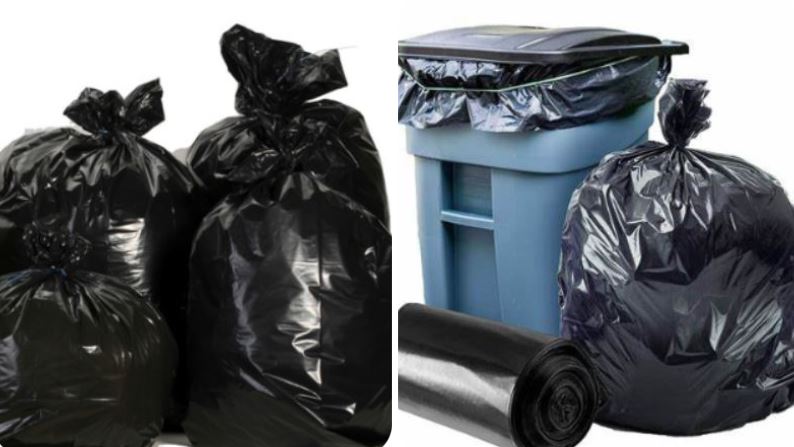
NEMA issued this directive on April 8, requiring that all organic waste from households and institutions be placed in 100 percent biodegradable plastic bags.
Following a 90-day compliance window, which ended on July 8, the Authority enforced the ban. This transition period was meant for all public and private entities, including County Governments and licensed waste service providers, to adapt to the new requirement of using biodegradable bags.
NEMA’s Director General, Mamo Mamo, stated that waste must be segregated, collected separately, and transported to designated material recovery facilities.
In a statement, WEMAK expressed support for environmental protection but raised concerns about NEMA’s rushed implementation of the ban on plastic waste collection bags.
The Association highlighted the economic impact and feasibility issues posed by the new regulations, noting that the prices of waste bags would rise dramatically from Kes.15 to Kes.83 per piece.
Higher Expenses for Consumers
WEMAK warned that the significant increase in costs could lead to higher expenses for consumers and potential illegal dumping. They criticized the decision for lacking sufficient input from key stakeholders and a multi-sectoral approach.
“Waste segregation, recycling facilities, and other essential systems are not in place despite the numerous forums where waste service providers (WSPs) have raised these concerns. The increased costs will also burden consumers and may lead to illegal dumping. There is also no clear guidance available on affordable, certified biodegradable bags,” the association lamented.
The Association further argued that the ban threatens livelihoods in the waste sector, as many individuals earn their living from waste collection. They called on NEMA to extend the compliance period and engage all stakeholders in meaningful dialogue.
WEMAK also urged the Authority to provide clear guidance on affordable and accessible alternatives to biodegradable bags and to invest in waste management infrastructure.
Additionally, WEMAK recommended that NEMA conduct thorough assessments of biodegradable bags and invest in capacity building rather than imposing outright bans.
NEMA Raids
NEMA has already begun raiding consumers who do not comply with the directive.
The Authority emphasized that this directive is in line with Section 12 of the Sustainable Waste Management Act, 2022. This section mandates that all public and private sector entities segregate non-hazardous waste into organic and non-organic fractions.
The law also requires that segregated waste be placed in properly labeled and color-coded receptacles, bins, containers, and bags.
Moreover, all waste service providers must collect, handle, and transport segregated waste according to these guidelines.








